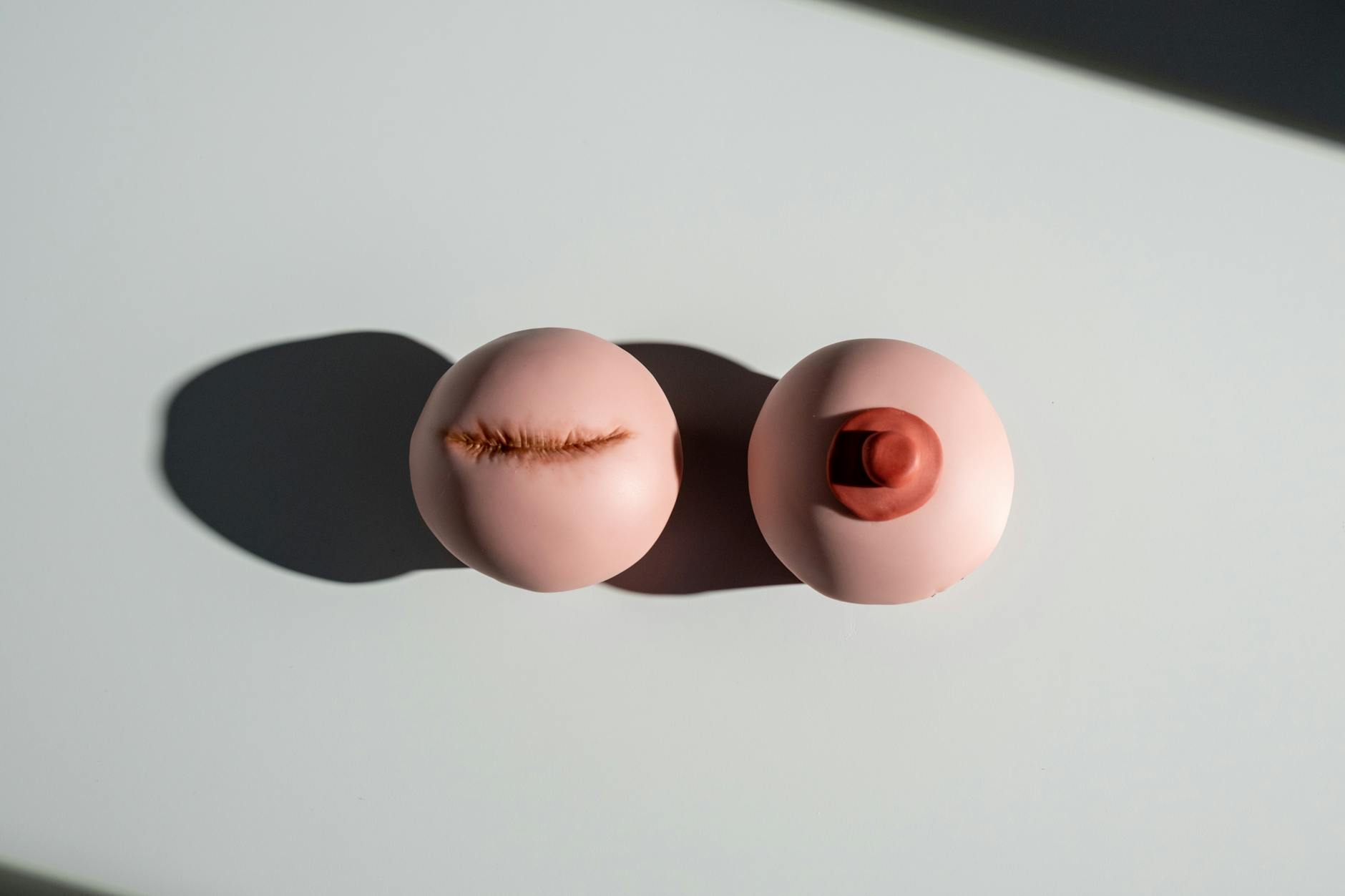
You think it’s just one word until it starts breaking into many
Cancer sounds like a single thing. One weight. One name.
But the moment you hear it, it begins to split.
Suddenly it’s not one word. It’s many.
Carcinoma, lymphoma, sarcoma, myeloma.
It spreads across syllables like it spreads across tissue.
You try to keep up. You can’t.
The doctor is speaking. You hear only pieces.
You hold on to familiar sounds. Ignore the rest.
They say it quietly, almost gently.
Like the word itself might bruise you if spoken too loudly.
It does anyway.
You nod. You always nod.
Because the word you were bracing for has already splintered
You thought there would be just one answer.
One diagnosis. One direction.
Instead, it opens into categories.
Lung. Breast. Blood. Bone.
Gastrointestinal. Neurological. Skin.
Each one carrying its own logic, its own rules, its own war.
You look down at your hands.
You wonder where it started.
They say “origin” like it’s the most important thing.
You want to scream: what does it matter?
But it matters.
Because treatment depends on where it began, not where it went.
You learn that a cancer in the liver isn’t always liver cancer.
Sometimes it’s just passing through.
The difference is everything.
But it feels the same inside your ribs.
Some whisper. Some scream
Some cancers move quickly. Some wait.
Some hide for years, almost kindly.
Others come crashing in, loud and sudden.
You learn to respect both.
Aggressive doesn’t always mean worse.
Slow doesn’t always mean safe.
Your body becomes a map.
Doctors speak like cartographers.
Margins, boundaries, spread.
They trace pathways through you.
Not always visible.
But always present.
Nothing feels real after that
They explain staging.
You ask what stage means.
They say “how far” and “how deep.”
But you’re already falling through numbers.
Stage one feels like breathing.
Stage four feels like drowning in numbers you don’t understand.
They mention grade, and you think of school.
But this is not about learning.
This is about what your cells are doing behind your back.
You thought you knew your body.
Now it feels like a stranger who won’t answer your questions.
You stop trusting mirrors.
You start memorizing your own fatigue.
You cry in the kitchen
You start googling.
Every search opens a new door of fear.
You wish you hadn’t read the forums.
You wish the word cancer came with only one story.
But it doesn’t. It comes with millions.
And none of them feel like yours.
Someone tells you to stay positive.
You smile, but your hands are shaking.
You listen politely.
You go home and cry into your refrigerator light.
You feel most alone when the house is quiet.
Even your heartbeat feels like it’s keeping secrets.
You feel both smarter and more lost
You meet others. They name their cancers with strange calm.
As if they’ve been rehearsing.
Maybe they have.
You don’t ask what stage.
You don’t want to know.
They don’t want to tell.
You start learning the names of treatments.
You pronounce them badly at first.
Immunotherapy. Chemotherapy. Radiation.
Each one feels like a different kind of fire.
You wonder which fire will be yours.
You hope you don’t burn too much.
They mention targeted therapy. You nod.
As if anything about this feels targeted.
It all feels so wildly uncertain.
You cling to the idea that someone, somewhere knows what to do.
That the oncologist’s calm is real, not rehearsed.
There is no such thing as a simple cancer
You thought maybe one type was easier.
Maybe one was fixable.
They tell you some respond better than others.
But no one uses the word easy.
You stop asking for odds.
You start asking how to sleep.
Your nights become split.
Half in dreams. Half in scans.
You wake with phantom pain.
Or no pain at all, which is somehow worse.
Because silence feels suspicious now.
Like your body is plotting quietly.
You go back for more tests.
Every scan feels like a confession.
Every result, a sentence.
Even remission feels like a question mark
They say remission. You hold your breath.
You want to be happy. You are.
But you don’t trust the word.
It sounds temporary. Conditional.
You smile. You ask, “What now?”
The answer is more waiting.
You learn to live in checkpoints.
Three months. Six.
Bloodwork. Imaging.
You start planning vacations around results.
You pack your hope carefully.
But not too tightly. It bruises easily.
You stop saying “I’m fine.”
You start saying “I’m okay for now.”
And that feels honest.
Now marked with a shadow you can’t unsee
Even on good days, it’s there.
Even when you laugh, it lingers.
You wonder who you were before you learned this vocabulary.
You forget what it felt like to trust your own energy.
To wake without checking your breath.
To eat without nausea chasing each bite.
The oncologist says you’re doing well.
You nod. Of course you nod.
It’s the only language that still feels safe.
You meet others again.
You see it in their eyes.
They’re searching for anchors too.
You hold each other in quiet recognition.
You don’t talk about types anymore.
You talk about mornings. About side effects.
About what it means to want tomorrow without fearing it.
To look at yourself and feel like a stranger
Your body changes.
You lose weight. You gain weight.
You lose hair. Or don’t.
Your skin tells a different story than you feel inside.
You try to love yourself still.
Some days you succeed.
You find old pictures.
You don’t cry. You stare.
Not because you miss that person.
But because you know them more deeply now.
You see the softness in their eyes.
You wish you had told them to be ready.
Each kind of cancer speaks in its own voice.
But your story is your own.
No list of types can hold it.
Cancer doesn’t come in one form
It wears many names, many faces.
And it always changes yours.
You walk differently now.
Not from weakness, but awareness.
You listen more closely—to your breath, your body, others.
You know things you never wanted to know.
But you know them now.
And you carry them, not as burden, but as part of yourself.
You are not what grew inside you.
You are what stayed standing after.
